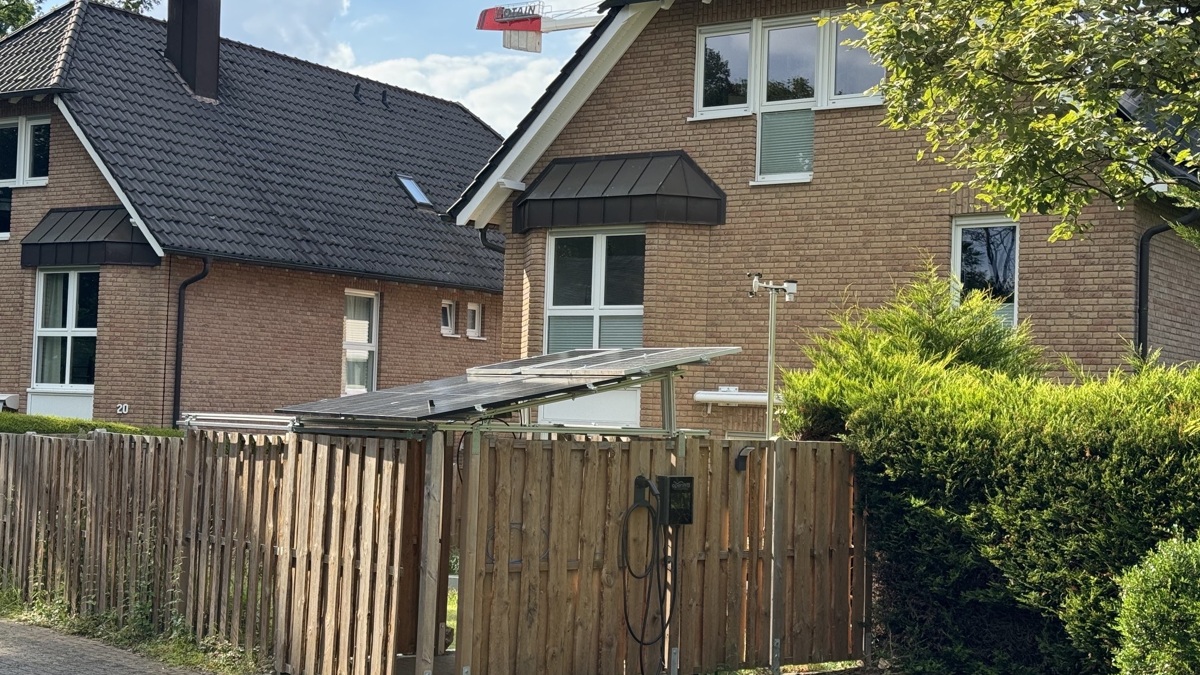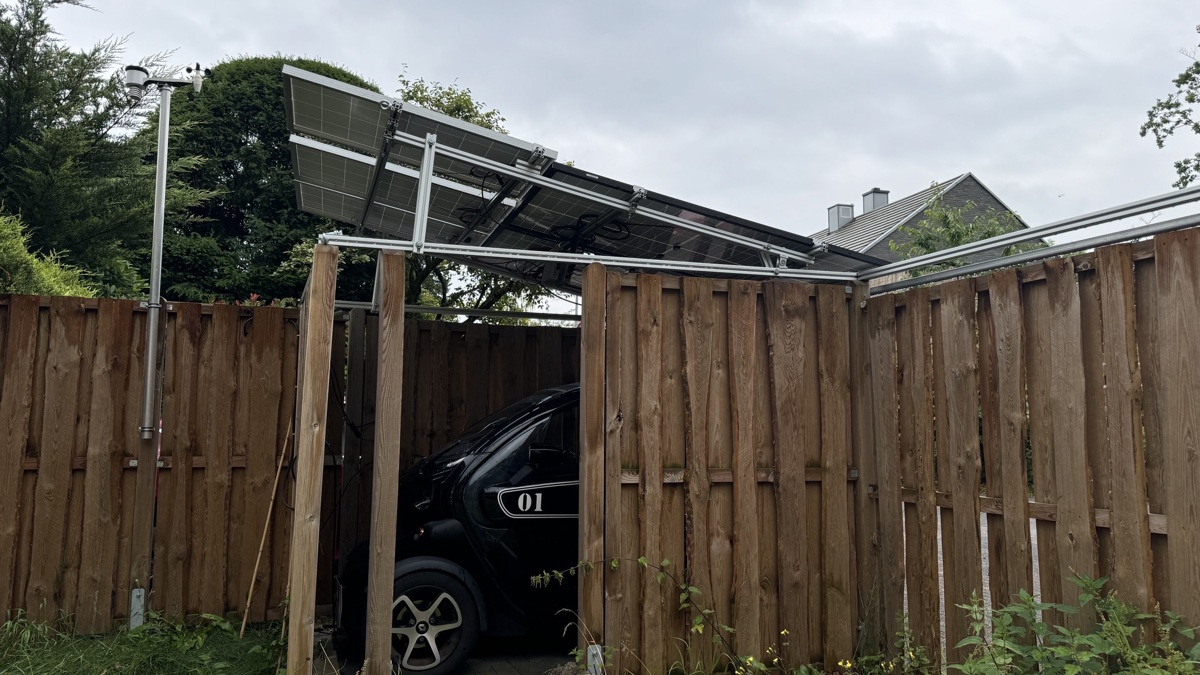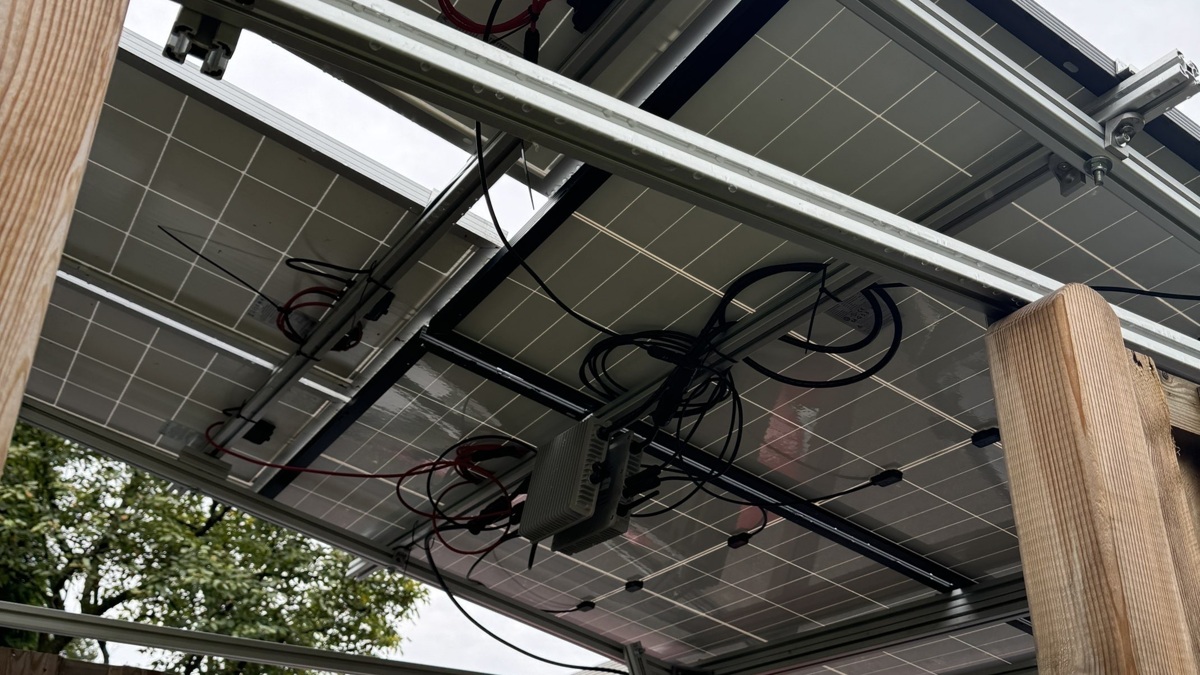Solarpunk technology
2368 readers
1 users here now
Technology for a Solar-Punk future.
Airships and hydroponic farms...
founded 2 years ago
MODERATORS
51
52
53
54
55
56
57
58
59
60
62
63
64
65
20
‘It’s the future of sugar’: new technology feeds Vermont maple syrup boom amid climate crisis
(www.theguardian.com)
66
35
Cooling Solutions For Cities That Lower Surface & Air Temperatures - CleanTechnica
(cleantechnica.com)
67
68
69
11
New UK battery system to provide additional energy security and reliability
(www.renewableenergymagazine.com)
70
71
72
73
74
20
Heat Pumps Decarbonizing A 17-Story Building In Manhattan Built in 1931 - CleanTechnica
(cleantechnica.com)
75







